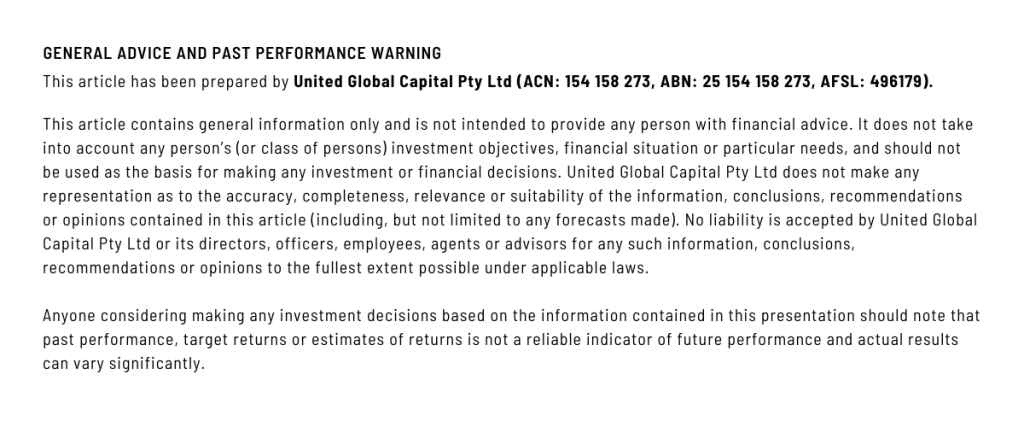How Much Money Do I Need to Set Up an SMSF?
A Self-Managed Super Fund (SMSF) stands as a popular choice for individuals aiming to exercise greater control and flexibility over their retirement savings.
While SMSFs present numerous advantages, comprehending the associated costs in establishing and maintaining one is crucial. In this article, we elucidate the various expenses involved in setting up and operating an SMSF.

Initial Setup Costs
Trust Deed: Your SMSF functions as a trust, established solely to provide retirement benefits to members. A trust deed is a requisite document, delineating the operational regulations of the fund. This legal document outlines fund objectives, membership criteria, permissible investment types or borrowing, benefit distribution methods, and other pertinent information. The trust deed, combined with superannuation law, forms the governing framework for your SMSF. Crafting a compliant trust deed necessitates the services of a solicitor or an online service, incurring costs ranging from $500 to $2,000 or more.
Professional Advice: To ensure the correct setup and suitability of your SMSF, it is advisable to seek guidance from a Financial Adviser, Accountant, or SMSF specialist. Initial consultation fees or advisory charges (e.g., Statement of Advice) can span from $2,000 to $8,000, contingent on complexity.
Registration Fees: You must register your SMSF with the Australian Taxation Office (ATO). The current registration fee stands at $259.

Ongoing Administrative Costs
Once your SMSF is operational, ongoing administrative expenditures come into play:
Accounting and Audit Fees: SMSFs mandate annual audits conducted by an approved auditor. Accounting and audit costs can fluctuate depending on the complexity of your SMSF but typically range between $2,000 and $3,500 per annum.
Investment Costs: These expenses exhibit variability based on your investment selections, encompassing brokerage fees, investment management fees, and other investment-related outlays, itemised as follows:
a) Brokerage Fees: Incurred during asset buying or selling within your portfolio.
b) Fund Manager Fees: Opting for managed funds or employing a fund manager necessitates management fees.
c) Custodian Fees: If your SMSF employs a custodian for asset safekeeping, associated fees apply.
ATO Supervisory Levy: Annually, the ATO imposes a supervisory levy of $259, covering SMSF regulatory expenses.
If you establish a Corporate Trustee for your SMSF, an annual ASIC company registration fee of $63 is obligatory.
Legal and Compliance Costs: SMSFs must adhere to intricate regulatory requisites. Legal and compliance expenses may be imperative to guarantee your fund’s compliance with all rules and regulations, contingent on the SMSF’s activities.
Insurance Premiums: It is essential to assess the necessity for personal insurance coverage for each fund member. The fund can purchase insurance, with premiums varying based on coverage type, coverage level, member age, occupation, lifestyle, and medical history.
Given the higher associated costs, it is imperative to meticulously evaluate your financial situation, superannuation balance, contribution capability, and long-term objectives. Consultation with a Financial Adviser can provide comprehensive insights into the incurred costs, assisting in making an informed decision regarding the suitability of a SMSF for your financial goals.
If you’re interested in setting up an SMSF and would like expert guidance, feel free to contact us today for personalised assistance and support on your journey to financial independence.

